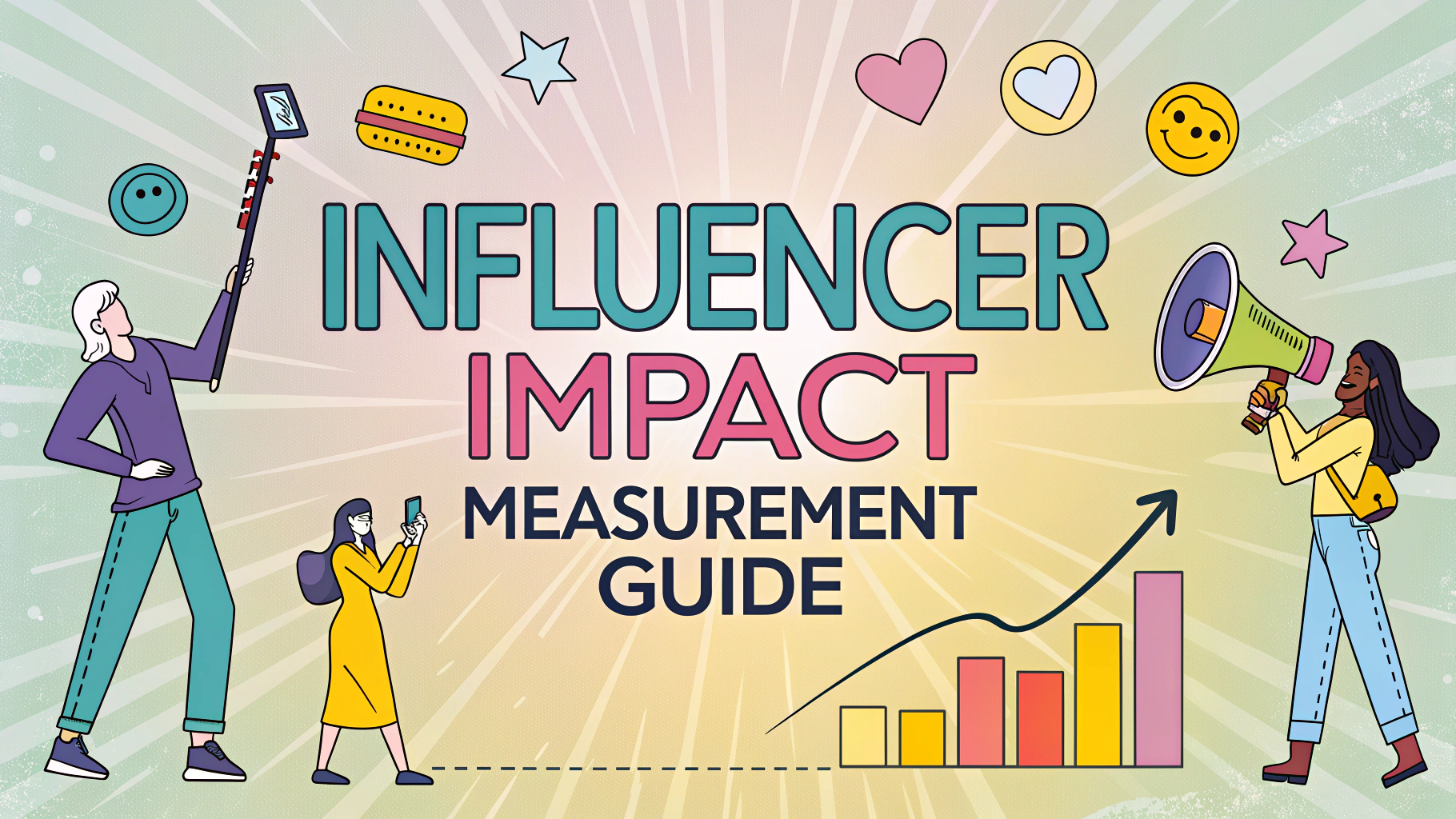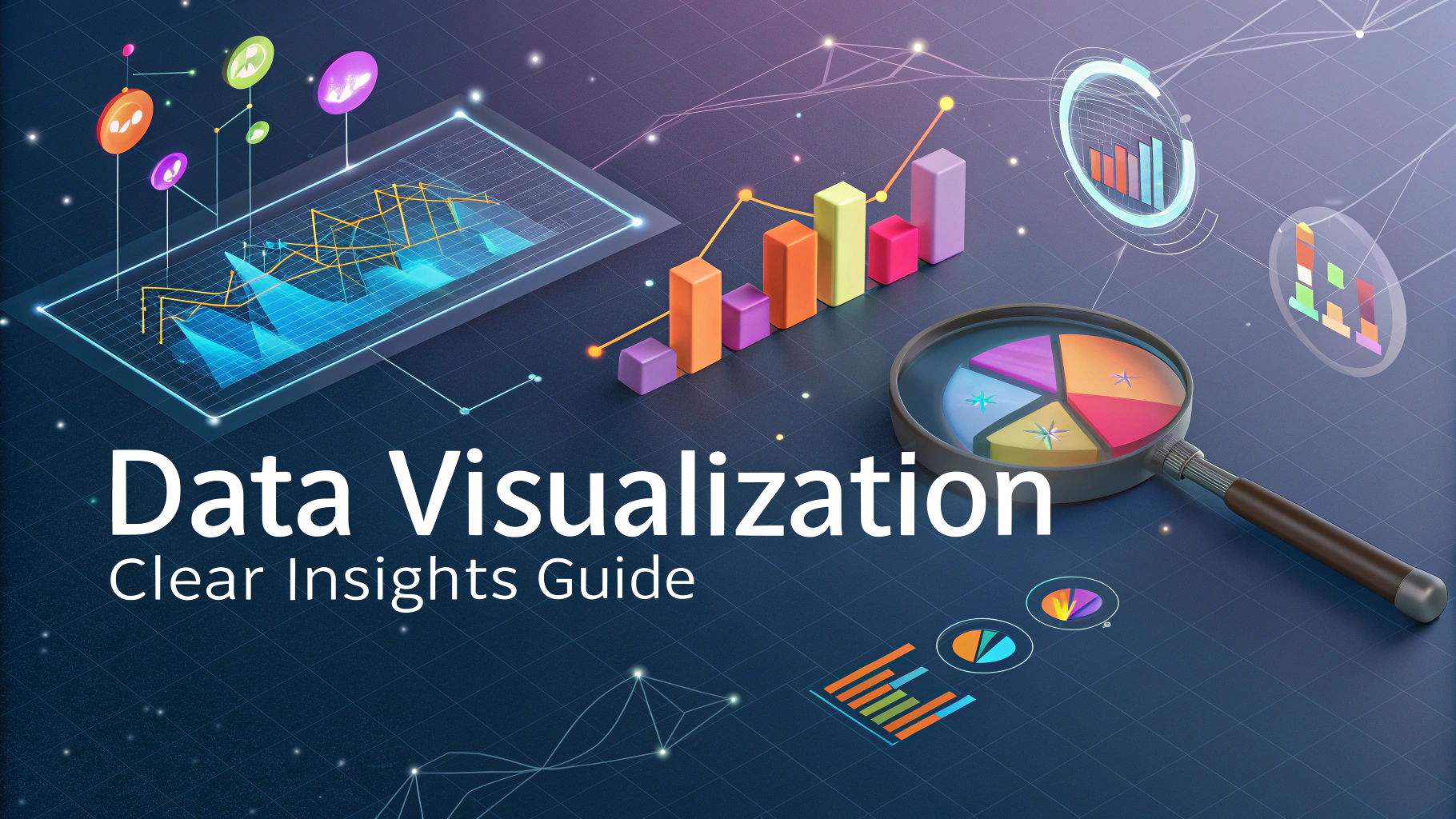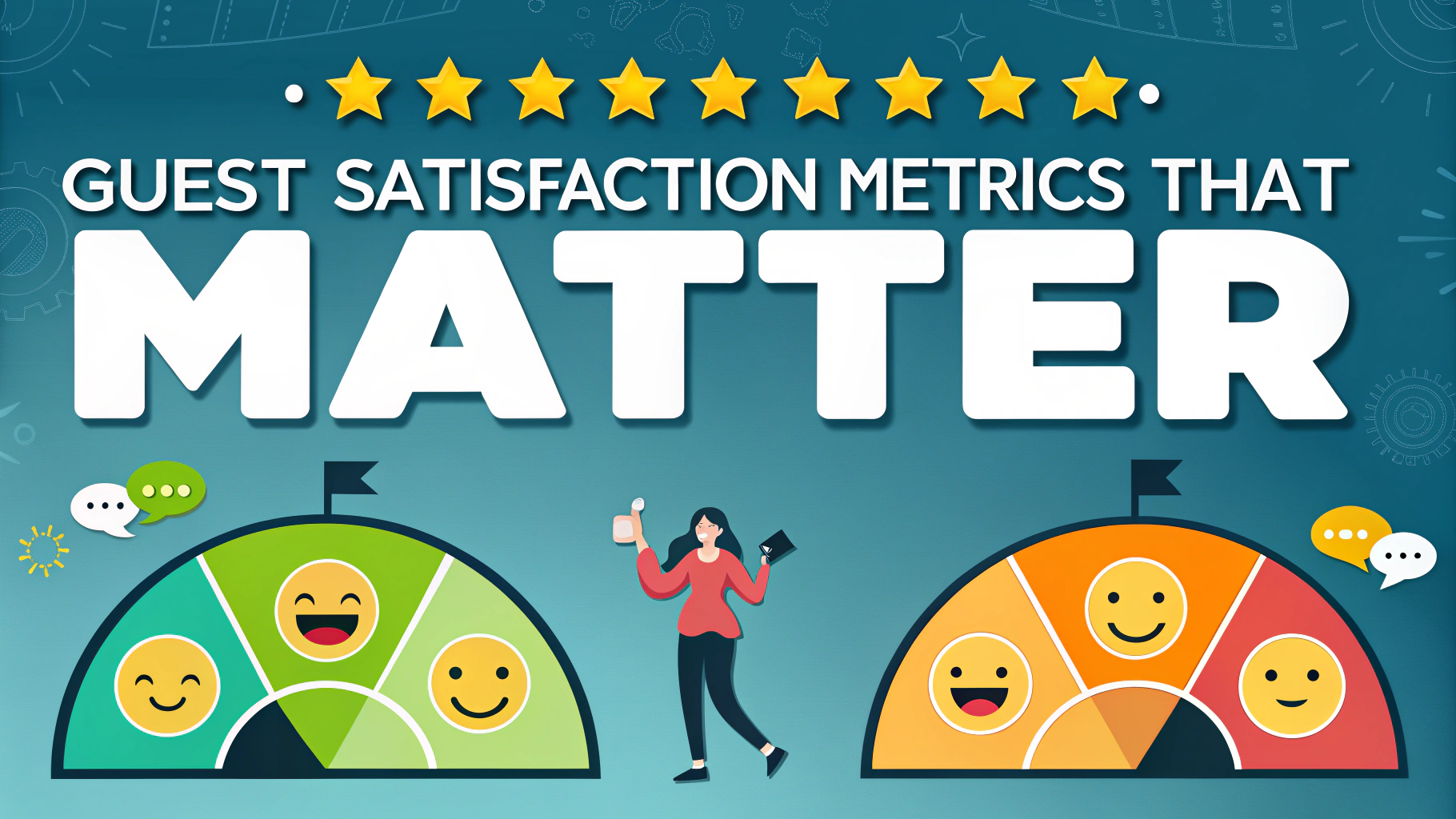Understanding your hotel’s competitive landscape is essential for developing effective marketing strategies and maintaining a strong market position.
A thorough hotel market analysis helps identify opportunities, threats, and areas for improvement while providing insights into pricing strategies and service offerings.
This guide outlines a practical framework for conducting a hotel market analysis, helping you make data-driven decisions to enhance your property’s performance.
Identifying Direct Competitors
- Hotels within 5-mile radius
- Similar price points (±15%)
- Comparable star rating
- Similar amenities and services
- Target audience overlap
Key Analysis Metrics
| Metric | What to Track |
|---|---|
| Pricing Structure | Room rates, seasonal adjustments, packages |
| Occupancy Rates | Average monthly occupancy, peak periods |
| RevPAR | Revenue per available room |
| Online Reviews | Rating averages, common complaints |
Online Presence Evaluation
Monitor competitors’ website design, booking engine functionality, and mobile responsiveness.
Social Media Analysis
- Engagement rates on posts
- Content types and frequency
- Response time to customer inquiries
- Follower growth trends
Amenity Comparison Checklist
- Room features and technology
- F&B offerings
- Meeting spaces
- Wellness facilities
- Parking options
- Special services (airport shuttle, concierge)
Distribution Channel Review
Track competitor presence on major booking platforms (Expedia, Booking.com, direct bookings).
Guest Feedback Analysis
- Review common themes in guest feedback
- Monitor response strategies
- Track review volume and frequency
Data Collection Tools
- STR Reports (str.com)
- ReviewPro (reviewpro.com)
- RateGain (rategain.com)
- Google Analytics
Taking Action on Findings
Create an action plan based on competitive gaps and opportunities identified through analysis.
Set specific, measurable goals with timelines for implementation.
Schedule regular reviews (quarterly recommended) to track progress and adjust strategies.
Strategic Next Steps
Document findings in a structured report format for stakeholder review.
Prioritize improvements based on potential ROI and resource requirements.
Develop a timeline for implementing changes and measuring results.
Implementation Timeline
Create a phased approach to implementing competitive improvements:
- Phase 1: Quick wins (1-2 months)
- Phase 2: Medium-term adjustments (3-6 months)
- Phase 3: Long-term strategic changes (6-12 months)
Measuring Success
Key Performance Indicators
- Market share growth
- RevPAR improvement
- Guest satisfaction scores
- Online reputation metrics
- Booking channel performance
Risk Assessment
- Market fluctuations impact
- New competitor entry
- Economic conditions
- Regulatory changes
- Technology disruptions
Stakeholder Communication
Establish regular reporting mechanisms:
- Monthly performance updates
- Quarterly strategy reviews
- Annual comprehensive analysis
- Ad-hoc market shift alerts
Maintaining Competitive Edge
Continuous analysis and adaptation are crucial for long-term success in the hotel industry. Regular market analysis helps identify emerging trends, adjust strategies, and maintain competitive advantages. Focus on building sustainable practices that can evolve with market demands while maintaining your property’s unique value proposition.
Remember that successful market analysis is not a one-time exercise but an ongoing process that requires dedication, resources, and organizational commitment to drive meaningful improvements and maintain market leadership.
FAQs
- What key metrics should I analyze when conducting a hotel market analysis?
You should analyze occupancy rates, Average Daily Rate (ADR), Revenue Per Available Room (RevPAR), market segmentation, seasonal demand patterns, and competitive set pricing strategies. - How do I identify my hotel’s direct competitors?
Identify competitors based on similar price points, star rating, location, target market, amenities offered, and room capacity within your geographical market area. - What tools can I use to track my competitors’ pricing strategies?
Use rate shopping tools like RateGain, OTA Insight, or STR reports, as well as monitoring Online Travel Agencies (OTAs) and competitor websites directly. - How often should I conduct a hotel market analysis?
Conduct comprehensive analyses quarterly, with monthly reviews of key performance indicators and daily monitoring of competitor pricing during peak seasons. - What are the most important online platforms to monitor competitor performance?
Monitor TripAdvisor, Booking.com, Expedia, Google Reviews, and social media platforms to track competitor ratings, reviews, and guest sentiment. - How can I assess my competitors’ marketing strategies?
Subscribe to their newsletters, follow their social media accounts, monitor their website updates, analyze their online advertising, and track their presence at industry events. - What demographic factors should I consider in market analysis?
Consider local population trends, income levels, corporate presence, tourist attractions, upcoming events, and transportation infrastructure that could affect hotel demand. - How do I analyze my competitors’ strengths and weaknesses?
Evaluate their facilities, service quality, guest reviews, unique selling propositions, market positioning, distribution channels, and loyalty programs through mystery shopping and online research. - What economic indicators affect hotel market performance?
Monitor GDP growth, employment rates, tourism statistics, airline capacity, local business development, and major events that could impact hotel demand. - How can I identify emerging market opportunities?
Track new business developments, infrastructure projects, upcoming events, changes in travel patterns, and untapped market segments in your area.







